Success After Recovery
Learn the Skills to Support Your Life-Long Journey

Your Wellness is the Priority

Recovery through Healthy Decisions

Healing is Possible
The Pathway to Healing
Recovery from alcohol or drug addiction isn’t a destination along your life journey. Instead, recovery is an ongoing process and a constant choice. The skills learned through treatment and healing provide the foundation for your continued success.
The time after recovery can be overwhelming as you seek structure, routine, and meaning. But, with continued care, skills learned in treatment, and a strong support network, you can understand yourself and continue to choose sobriety. Learning to make healthy choices takes time, follow-up care, and education.
Building an action plan for after recovery is necessary and can consist of different tools, depending on your needs. For example, aftercare plans may include using your support system when you need extra help or being part of an alternative 12-step program. Aftercare plans also include learning skills like behavior modification to realize you can make healthy choices.

Continuing Care is Important
Your recovery journey requires work and healthy choices even after treatment. The expert staff at Shadow Mountain Recovery will work with you to develop the best aftercare program for your needs.
Some aftercare programs last longer than others, and some require assistance finding housing, employment, and other treatment programs, such as a 12-step program. We will work with you to determine the best long-term recovery plan and help support you on that path.
The main goal of aftercare is to aid in your healing and recovery while avoiding a relapse. The longer someone stays in recovery, the more likely that person is to avoid relapsing. Therefore, aftercare is a vital part of the recovery process.
Benefits of an aftercare plan include:
- Developing Coping Skills. Learning to cope with situations that may be difficult without relapsing.
- Relearning Social Skills. Becoming adept at new social skills that allow you to engage with others while making healthy choices.
- Making Confident Choices. Having the skills to avoid cravings and knowing your strength to avoid negative situations.
- Choosing Health. Prioritizing your health and recovery lets you make the best decisions to continue moving toward long-term healing.
Testimonials
Planning and Prevention
Once your treatment is complete, the work to stay in recovery begins. You can avoid a relapse by planning and understanding the need for prevention. Using the coping skills and tools you learned in treatment will help you stay on the path of long-term recovery.
Planning and prevention include:
- Identifying triggers and having plans to avoid situations that may cause triggers and cravings
- Building plans to include healthy actions such as moving your body
- Using a 12-step recovery program that provides accountability
- Creating a strong support network to help you through cravings and to be part of your new, healthy lifestyle


The Benefits of Support Networks
A solid and supportive network around you can help you through recovery and become an integral part of your long-term healing. Family, friends, co-workers, and others around you who understand your need to avoid triggers and negative situations can provide strength and guidance during recovery.
Support groups are also a valuable part of your network. Being surrounded by those who support your healthy choices and encourage your journey to long-term sobriety can help ease you through some of the inevitable bumps along the road to recovery.
Skills to Support You After Recovery
Shadow Mountain Recovery is here to help you during and after treatment. We want you to successfully navigate the recovery path to take control of your life and your health.
Your recovery journey doesn’t stop after treatment. An aftercare program tailored to you can help you get the skills you need to stay sober. Learning to manage social situations and coping with triggers that may arise are part of the skills required for recovery in an aftercare plan.
Other types of help may benefit some, like finding appropriate housing, learning job skills, and financial management skills. This help and these skills can be part of a successful aftercare plan.
At Shadow Mountain Recovery, we’ll ensure you have the tools you need to continue succeeding after your treatment. We want to help you live authentically and substance-free from now on.
Let Us Help You Understand the Cost of Care.


